What Carbs Do in the Body
I believe in the right to a fair trial so before we condemn carbs to die for their evil deeds, let's discuss what carbs do in the body. When we eat a meal, the carbs in that meal get broken down into glucose (sugar that's used by our cells). The pancreas detects the increased glucose levels in the bloodstream and releases insulin. Insulin then ushers the glucose into our liver, muscle, and fat cells. When glucose levels return to baseline levels so does insulin.
Insulin also has other functions. One of those functions is to stimulate muscle protein synthesis (building new muscle). That sounds pretty great doesn't it? Well, insulin also inhibits lipolysis (fat breakdown) and stimulates lipogenesis (fat creation). That one doesn't sound so fun. In fact, that is why carbs are viewed so negatively. The thinking goes:
High Carb Diet > High Insulin Levels > Store More Fat AND Burn Less Fat > Become Obese
Low Carb Diet > Low Insulin Levels > Store Less Fat AND Burn More Fat > Six Pack Abs
I'll admit, it's a pretty convincing argument. Why do you think ketogenic diets are so popular? I actually believed this was true for a long time but thankfully, it isn't. You can have your carbs and eat them too.
How Fat Loss ACTUALLY Works
While it is true that insulin causes fat storage and blocks fat burning, that is only one piece of the puzzle. Every time we eat a meal, our bodies use some of the food for energy and store the rest as body fat to be used later. If you'll remember from before, as soon as that meal is finished digesting, insulin levels drop. When this happens, we switch over to using body fat for fuel until we eat again. So as you can see, storing fat is only half of the equation (quite literally, in fact). The amount of fat you store minus the fat you burn, over time will determine whether you become lean, overweight, or stay the same. The graph below shows an example of what this might look like for an individual.
Graph by James Krieger at Weightology.com [1]
After all this, you may be thinking, "BUT if I don't eat carbs, my insulin levels will never go up, and I won't store fat to start with. I'll always be in fat burning mode!" Nice try, but you can't outsmart your body that easily. The way insulin stops fat breakdown is by suppressing the activity of an enzyme named hormone-sensitive lipase (HSL). As it turns out, dietary fat can do the same thing even when insulin levels are low.
Another problem is that protein can stimulate insulin just as powerfully as carbs and sometimes even more so. There was a study that looked at the insulin response of a low protein/high carb meal in comparison with the insulin response of a high protein/low carb meal. [2] As you can see from the charts below, the high protein meal actually had a greater insulin response than the high carb meal in this case even though the protein caused a much smaller blood sugar response. (If you'll recall, in the beginning, I told you a rise in blood sugar signals your pancreas to release insulin but in this case, insulin levels went way up even without a large increase in blood sugar.)
Insulin response in low protein/high carb meal vs high protein/low carb meal [2]
Blood glucose response in low protein/high carb meal vs high protein/low carb meal [2]
Are Carbs Guilty!?
What we've learned is both carbs and protein raise insulin levels, which signals the body to stop burning fat and start storing what we are eating. We also learned that dietary fat can stop fat burning without even needing insulin. This means, in order to get leaner, we would need to decrease our intake of both carbs and fat. (We don't want to decrease protein intake.) All foods are made up of carbs, protein, and/or fat. Carbs, protein, and fat all contain Calories. If you take that information and put it all together, the only way to reduce body fat is to reduce your Caloric intake.
Verdict: NOT GUILTY!
Thank you so much for reading! If you found this information helpful and think others will benefit from it as well, please give this article a share on Facebook. It helps us out more than you know. If you like what I have to say, sign up below to become a Treadaway Training insider and never miss a post or video. I will be back next week with another fat loss topic. As always, God bless you AND your family and I'll see you next week.
References:
[1] weightology.com
[2] Boelsma, E., Brink, E.J., Stafleu, A., Hendriks, H.F. (2010) Measures of postprandial wellness after single intake of two protein-carbohydrate meals., Appetite, 54(3):456-64. doi: 10.1016/j.appet.2009






![Graph by James Krieger at Weightology.com [1]](https://images.squarespace-cdn.com/content/v1/5637a38ae4b09f6317236b19/1518127111498-4AKEN5KXJHB9SI01ZP1I/Lipolysis-Lipogenesis1+%28weightology%29.png)
![Insulin response in low protein/high carb meal vs high protein/low carb meal [2]](https://images.squarespace-cdn.com/content/v1/5637a38ae4b09f6317236b19/1518132195430-8S9JTBR7C6GOEQ2WZIF6/LPHC+v+HPLC.PNG)
![Blood glucose response in low protein/high carb meal vs high protein/low carb meal [2]](https://images.squarespace-cdn.com/content/v1/5637a38ae4b09f6317236b19/1518132599353-9I7H2SBWC9U621N7SEWP/LPHC+v+HPLC+blood+glucose.PNG)
